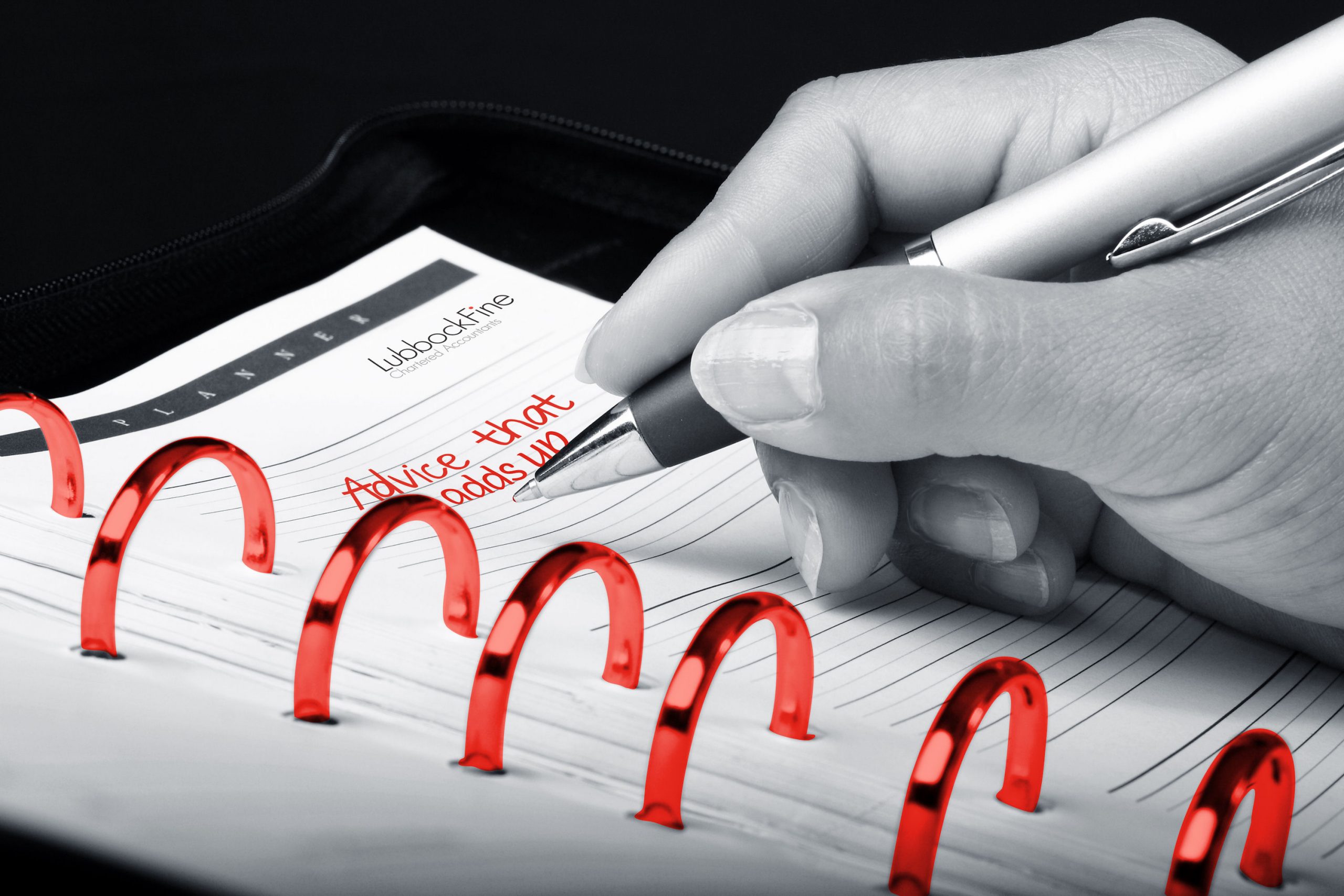Lubbock Fine update – Budget 2020
Lubbock Fine, 11 March 2020

Lubbock Fine, 11 March 2020

After today’s Budget announcements, here are some immediate thoughts summarising the matters that we think are likely to affect our clients.
For the 2020-21 tax year the personal allowance and higher rate thresholds remain unchanged from 2019-20, as do the main personal tax rates. Having pushed the threshold at which people start to pay tax to £12,500 and the point at which higher rates are paid to £50,000, the government appears to see no need to extend the thresholds further.
However, from April 2020 National Insurance Contribution thresholds rise to £9,500 from £8,632. The government is on record as aiming to harmonise the thresholds for income tax and National Insurance Contributions and this is seen as a first step in that process. It does, nevertheless, mean that the low paid will suffer pay-packet deductions for National Insurance Contributions before they have any income tax liability.
The key announcement for capital gains tax was the reduction in the lifetime limit on gains eligible for Entrepreneurs’ Relief from £10m to £1m. Rumours of change to, possibly even the abolition of, Entrepreneurs’ Relief had been in circulation since a review concluded that the £2bn cost failed to incentivise new start-ups, so the fact that the relief survives is welcome. The reduction takes effect for disposals made on or after Budget day.
Other changes which take effect in April 2020 and were announced last year include restrictions on main residence relief; the final period for which relief is given is reduced from 18 months to 9 months and the letting relief will only be available where the owner remains in occupation. See our blog here for more detail: https://www.lubbockfine.co.uk/blog/home-sellers-pay-more-tax-gains
The Capital Gains Tax annual exempt amount for 2020-21 nudges up to £12,300 from £12,000.
Corporation tax is, as expected, to remain at 19%, despite earlier plans to reduce it to 17%.
Despite opposition from the contracting industry, the IR35 reforms which extend the public sector IR35 regime to the private sector for off-payroll working are to go ahead from April 2020 as announced. Businesses which hire contractors should be preparing for this now if they have not already started to do so. More information in our blog here https://www.lubbockfine.co.uk/blog/ir35-alert-contractors-and-hirers
A new form of relief was introduced in 2018 for investment in construction or renovation of old, non-residential structures and buildings. The relief rate for qualifying investments will increase from 2% to 3% from April 2020.
From 1 April 2020, the R&D expenditure credit rate will increase from 12% to 13%, in order to support business investment in R&D. The government was to introduce a cap on credits payable to SME companies based on their PAYE liabilities, but, following industry consultations, has postponed the restriction to April 2021. At the same time, the government is consulting on the extension of the relief to cover expenditure on data and cloud computing.
As expected, the Chancellor announced the introduction of a 2% SDLT surcharge on non-UK residents who purchase residential property in England and Northern Ireland. In conjunction with the 3% surcharge for second homes this measure could take the top SDLT rate to 17%. The intention is to dampen house price inflation but, as it applies prospectively from 1 April 2021, could precipitate a rush to beat the new charge. The cash raised is intended to fund measures to deal with homelessness.
For some years the pensions annual allowance – the annual limit on tax-relieved pension savings – has been £40,000 for most taxpayers. Recently the government introduced a restriction for additional rate taxpayers so that, for every £2 of earnings over £150,000, their annual allowance was reduced by £1, down to a minimum level of £10,000. Senior NHS staff have been particularly badly affected.
From April 2020 the £150,000 threshold increases to £240,000. For those using salary sacrifice to take remuneration in the form of employer pension contributions there will be a corresponding rise in the £110,000 threshold to £200,000. The minimum annual allowance, however, goes down to £4,000. The proposals suggest that pension savers earning less than £300,000 should see a tax saving from this change, while those exceeding this threshold will pay more from 2020/21 if they maximise their pension contributions.
The government is to bring in further legislation to deal with those who promote tax avoidance schemes. This will add to the already considerable volume of anti-scheme and abuse rules, but, in particular, we can expect HMRC to get powers to accelerate production of information on schemes, pursue those who fail to produce information and bolster the existing rules and penalties.
E-publications are to be zero rated in future, bringing them in line with printed publications.